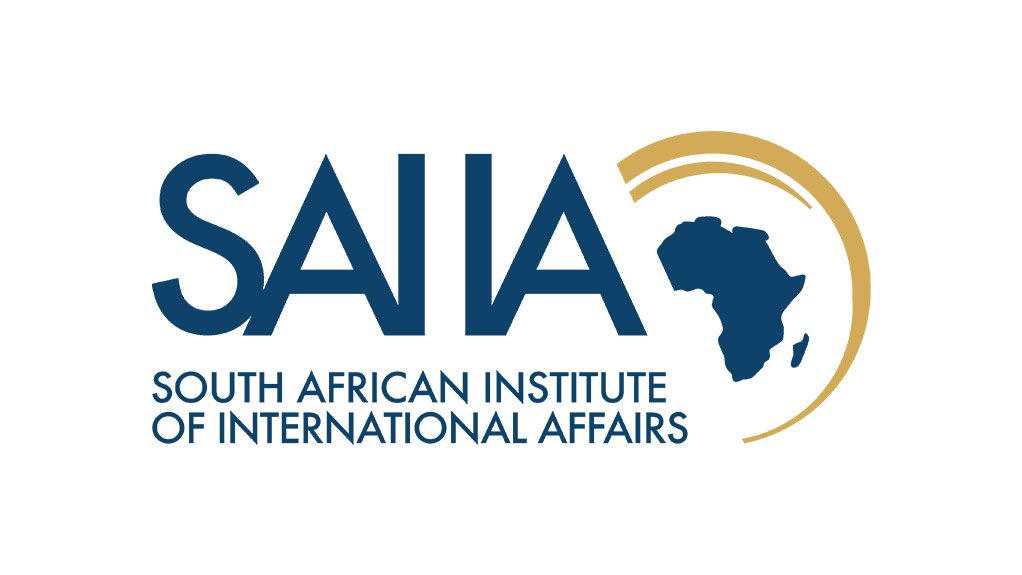Reflections from our chief executive as SAIIA celebrates its 90th anniversary.
The South African Institute of International Affairs (SAIIA) celebrates its 90th anniversary this month. It is one of the oldest independent public policy think tanks in South Africa and on the continent. Over the past nine decades, SAIIA has evolved into a leading institution at the forefront of research, analysis, and dialogue on international affairs, not only in South Africa but across the African continent and beyond. We remain committed to our goal of advancing a well-governed, peaceful, economically sustainable and globally engaged Africa.
During the dark days of apartheid, the Institute sought to provide South Africa with a window on the world and provide the world with a window on South Africa. SAIIA’s primary focus in those days was largely South Africa’s foreign policy.
With South Africa’s return to the international fold in 1994, SAIIA’s focus expanded, reflecting the ambitious agenda of the new democratically elected South African government and its prioritisation of Africa in its international relations.
As a think tank, our research is at the interface of policymaking and knowledge creation. Our research agenda seeks to respond to the growing demand for innovative policy solutions in Africa, while drawing on ‘best fit’ practices globally. It encompasses both African and global issues, always emphasising the importance of conveying and projecting African perspectives and positions on the biggest challenges that face the world. We have built up an amazing network of partnerships with other think tanks and academic institutions in Africa and beyond, which ensures that our work is enriched with an understanding of multiple perspectives and experiences.
SAIIA’s African Governance programme has worked closely with the African Peer Review Mechanism (APRM) since its establishment in 2003. Our ongoing efforts focus on strengthening the capacity of African civil society to increase states’ engagement in the APRM process. Our work on governance also extends to digital governance and nuclear governance in Africa.
SAIIA’s research and engagement on sustainable and just climate transitions in Africa seeks to support climate-resilient development within the region and amplify Africa’s climate agenda. We have contributed to a number of national and regional climate policy processes including the African Union Climate Change and Resilient Development Strategy and Action Plan, South Africa’s Draft White Paper on the Conservation and Sustainable Use of Biodiversity, the Intergovernmental Authority on Development (IGAD) Climate Change Adaptation Strategy and Action Plan (2023-2032), the Western Indian Ocean Governance Strategy. The Climate and Natural Resources programme recently completed a project on marine and coastal ecosystem-based adaptation in SADC, which culminated in the establishment of a regional community of practice.
As South Africa’s and Africa’s relations diversified in the 21st century, SAIIA’s foreign policy research agenda incorporated increasingly important new actors and new formations such as the India, Brazil and South Africa (IBSA) Forum and BRICS. China-Africa relations have been a key focus of SAIIA’s work for close to two decades. We recently published an assessment of environmental, social and governance (ESG) practices of Chinese-financed infrastructure projects in Africa; explored the complexities of the Africa-China donkey trade; and examined the global implications of China’s demographic decline.
Russia-Africa relations have also been part of our foreign policy focus since the Russia-Africa Summit in 2019. We continue to delve further into the concept of non-alignment as countries of the Global South solidify its adoption as a strategy for navigating the deepening geopolitical fragmentations.
Since the establishment of the G20 at Leaders’ level, SAIIA has been actively engaged with the process, both in the government track and the Think20 Engagement Group. We developed a network of African think tanks focusing on global economic governance, even before the African Union was invited to join the G20. Additionally, SAIIA currently serves as a member of the Think20 Brazil’s International Advisory Council Secretariat. As South Africa prepares to assume the G20 presidency later this year, we are ramping up our engagement and capacity to contribute meaningfully to the first G20 Summit on African soil.
Anticipatory governance and strategic foresight have been added to our analytical arsenal in recent years through the work of our Futures programme. We have recently completed projects on global geopolitical energy systems and implications for South Africa’s energy landscape; building anticipatory governance of critical minerals and the mining sector in SADC; and preparing South Africa’s TVET college ecosystem for the emerging green hydrogen economy.
Our Youth@SAIIA programme is a phenomenal initiative that began as a volunteer-run programme in 1991. It has since grown to a staff of five and numerous young people from the network that drive three pillars of activities – capacity building and skills development; policy engagement; and more recently, policy implementation. Engaging on climate, sustainability, food security and gender issues among, others, some of our young participants have been part of the South African delegations at the climate COPs in the last several years or attended as civil society.
As we mark SAIIA’s 90th anniversary, I reflect on the incredible journey we have undertaken with deep pride and gratitude. Our success and longevity would not have been possible without the dedication and commitment of our staff, partners, and supporters, past and present. We extend our heartfelt thanks to each and every one of you for your contributions to SAIIA’s legacy and ongoing success.
Let us continue to engage and contribute to shaping a more peaceful, just and sustainable world. Here’s to the next 90 years of collaboration, learning and positive change.
Research by Elizabeth Sidiropoulos
The views expressed in this publication/article are those of the author/s and do not necessarily reflect the views of the South African Institute of International Affairs (SAIIA).
EMAIL THIS ARTICLE SAVE THIS ARTICLE ARTICLE ENQUIRY
To subscribe email subscriptions@creamermedia.co.za or click here
To advertise email advertising@creamermedia.co.za or click here











